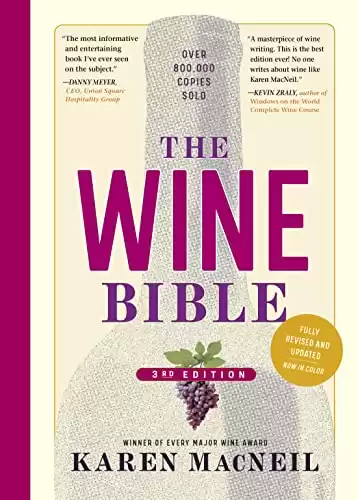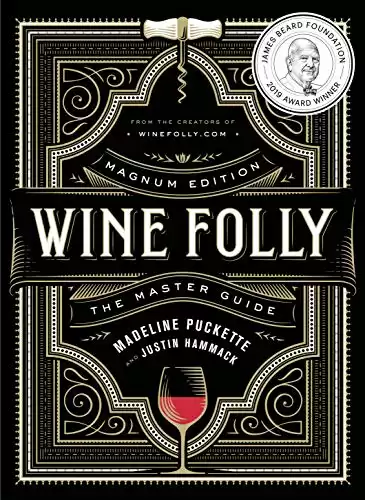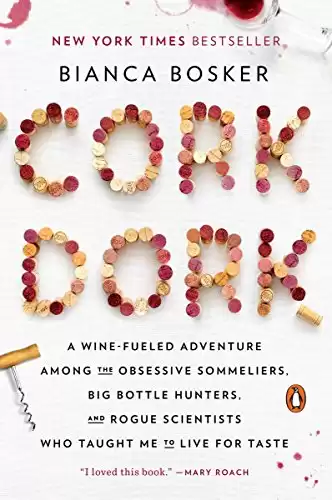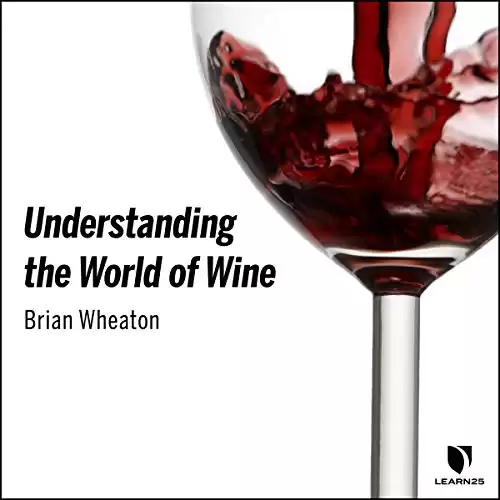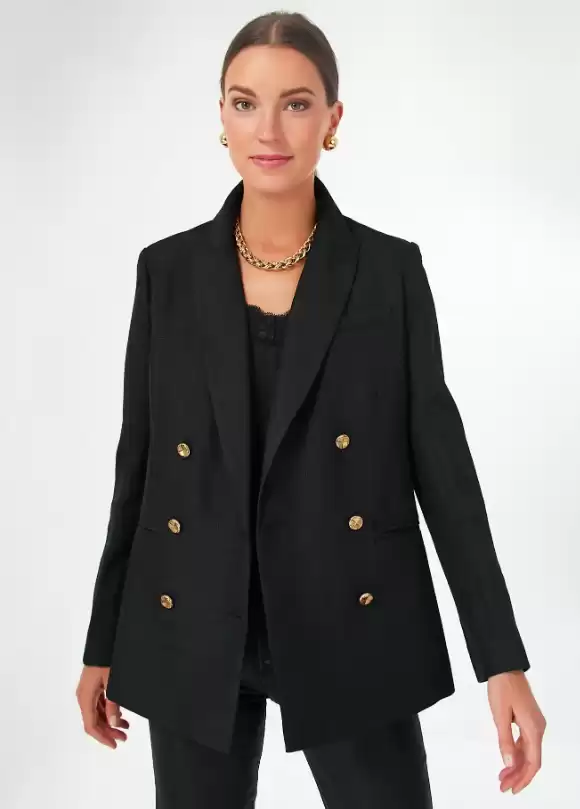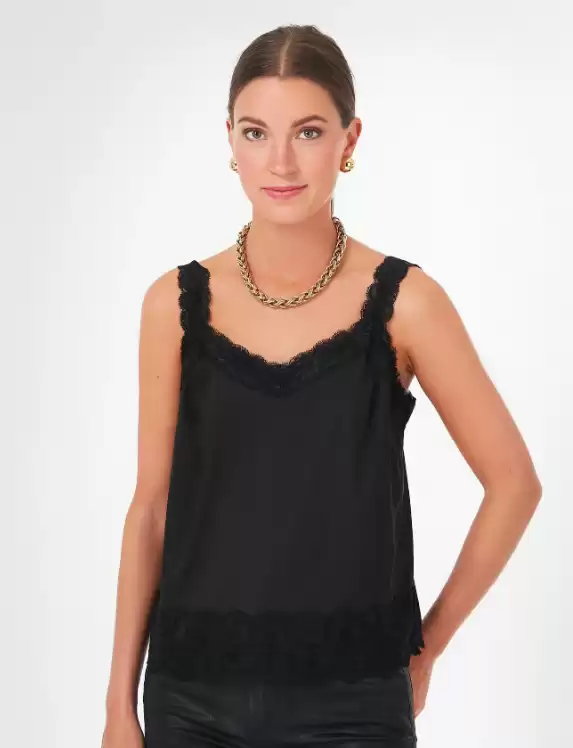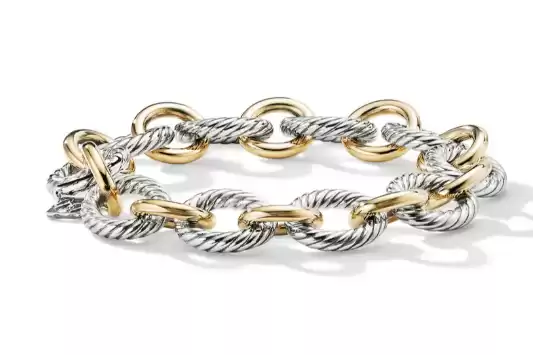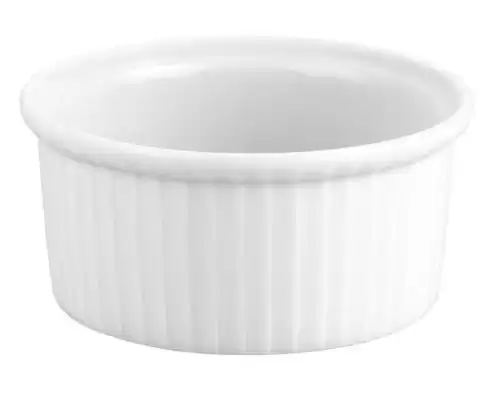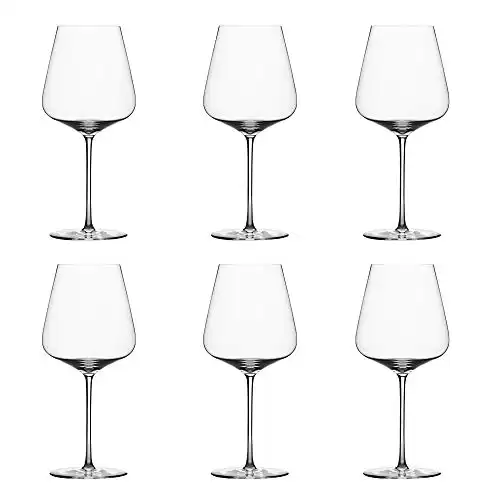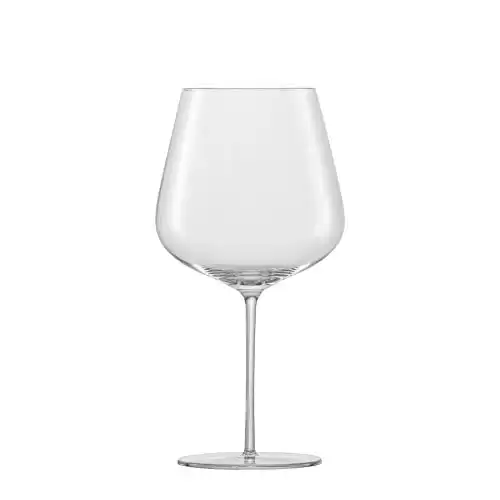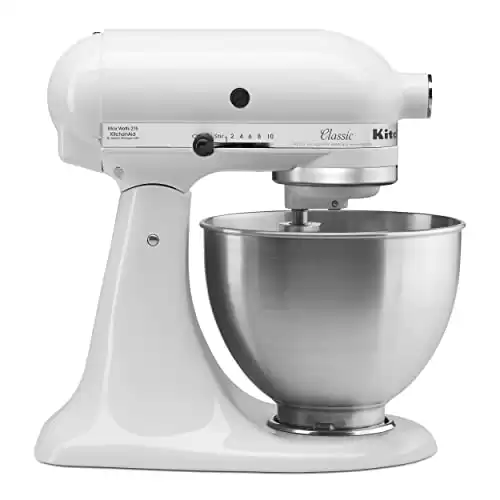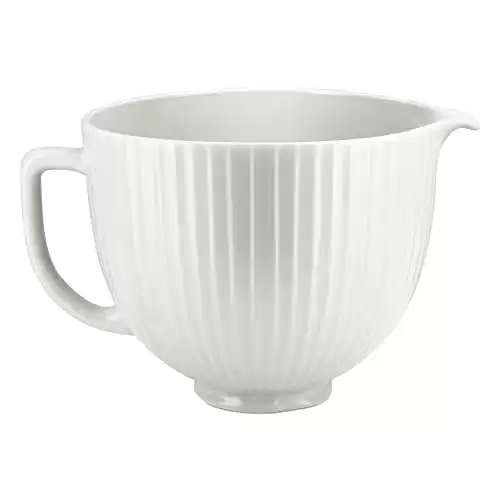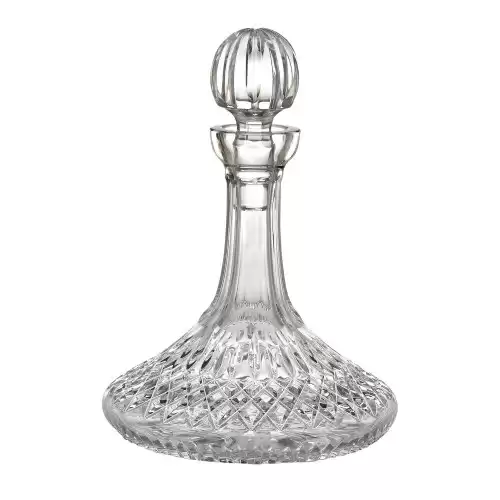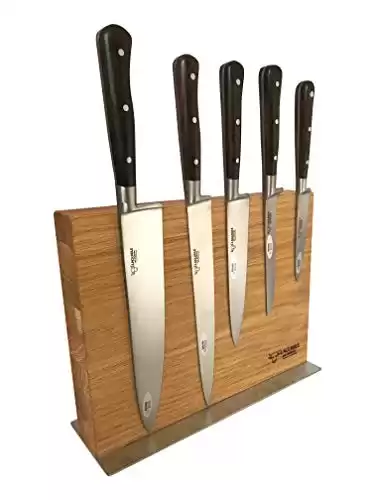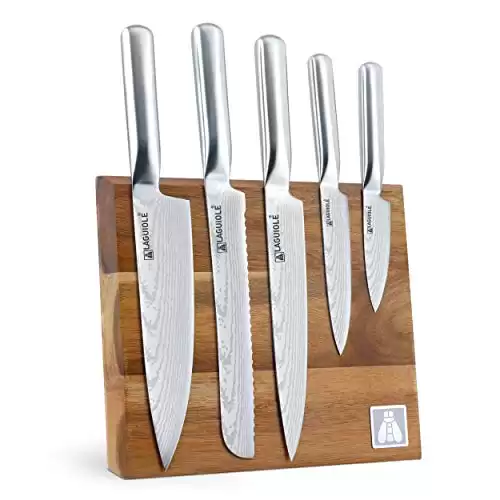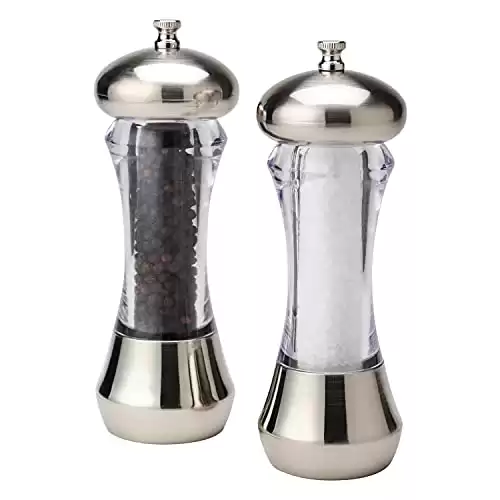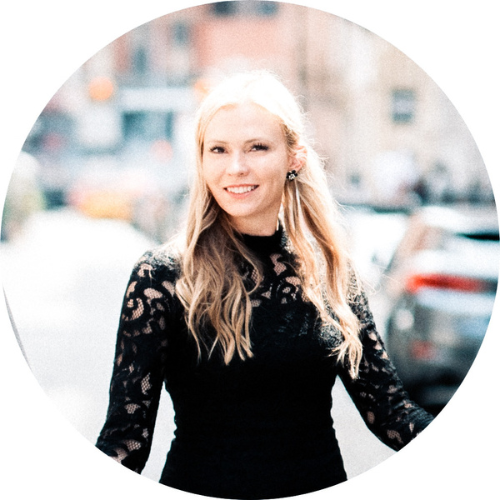The world of wine can be intimidating for the novice drinker or even the seasoned enthusiast. Between an extensive specialized vocabulary, differing rules by country, even more rules at the regional level, and often complicated historical context, it can be overwhelming. And to make matters worse, not everyone welcomes people who are new to wine with open arms. It can seem that some of the most educated people in the field of wine can also be the most judgmental.
But wine doesn’t have to be confusing or elitist. As I always say, wine should be fun. The list below shows 7 ways to learn about wine while also having a good time. No classrooms or snobby experts involved.
Pick up a few of the habits below, and you’ll be impressed how quickly and organically your wine knowledge grows.
#1: Frequent Your Local Wine Shop
Where do you purchase your wine? The grocery store? At Target?
While purchasing wine the same place you get your toilet paper may be convenient, you are missing out on an opportunity to learn. If you have a local wine store or small liquor store, start going there instead. Chat with the staff and ask for recommendations. Tell them the types of wine that you know you like already and that you’d like to try something with similar flavors but from a different country. Or if you are feeling really adventurous, ask them what their favorites are.
People who love wine will always be happy to help a fellow wine-lover on their learning journey.
#2: Buy a Wine Reference Book
When you’re serious about learning, make sure you have a good reference book at home. This is especially important since, if you’re like me, home is where I have the quiet time to “study” what I’m drinking.
As discussed in a prior post, I have a number of wine-related coffee table books around my living room and kitchen. When I’ve opened a new bottle, it is easy to grab one and flip look up what I am drinking. I find Wine Folly: The Master Guide to be the most useful when I want to quickly understand where my wine is from or what flavors I am tasting. If you want to dive a bit deeper, I find The Wine Bible provides more background without being overwhelming or too technical, and there are also beautiful photographs and maps throughout.
Added bonus: Depending on the wine reference book you choose, they make for lovely decor as well!
#3: Follow Wine-Related Accounts on Social Media
As much we try to stay off our phones, let’s be honest: we all spend a fair amount of time on social media every day.
Want to level up your daily scroll? Add some wine accounts into the mix of who you are following.
Since social media posts and videos on wine are short and digestible, you may be surprised how quickly this accelerates your learning with little-to-no effort on your part. Depending on the account you follow, the approach will be more academic and serious or more light-hearted and approachable. Take some time to find what fits your personality and current level of wine knowledge.
Some of my favorite educational accounts on Instagram are @drjamiegoode, @somm_films, @lexiswinelist, @winefolly, and @winefornormalpeople. Or if you just want some beautiful wine photos with a hint of education, accounts such as @wineandspirits will fit the bill.
#4: Attend a Tasting
Okay I said I wouldn’t put any classrooms on this list, but if you’re drinking while being taught, that doesn’t count, right? One of the best ways to learn is hands-on experience, and having an expert talk you through what you are drinking will accelerate your learning.
Find a local tasting event and attend with friends to broaden your wine know-how. How to find a tasting? Here are some ideas,
- Ask the staff at your local wine shop.
- Get in touch with your local WSET-certified wine school. They will be aware of local events and may even host tastings themselves. (Bonus points if you sign up for the WSET Level 1 course!)
- If you live near a Whole Foods, ask about their upcoming events, as some locations offer tastings.
- If your city has a local wine club, get in touch with them. I would recommend just Googling “YOUR CITY NAME wine club.”
Many tastings will have some sort of theme, whether seasonal (e.g. Great Wines for Summer) or regional (Explore Argentinian Wines). Once you’ve attended, you will need to keep your knowledge sharp, so make some of what you’ve tasted part of your next wine purchase.
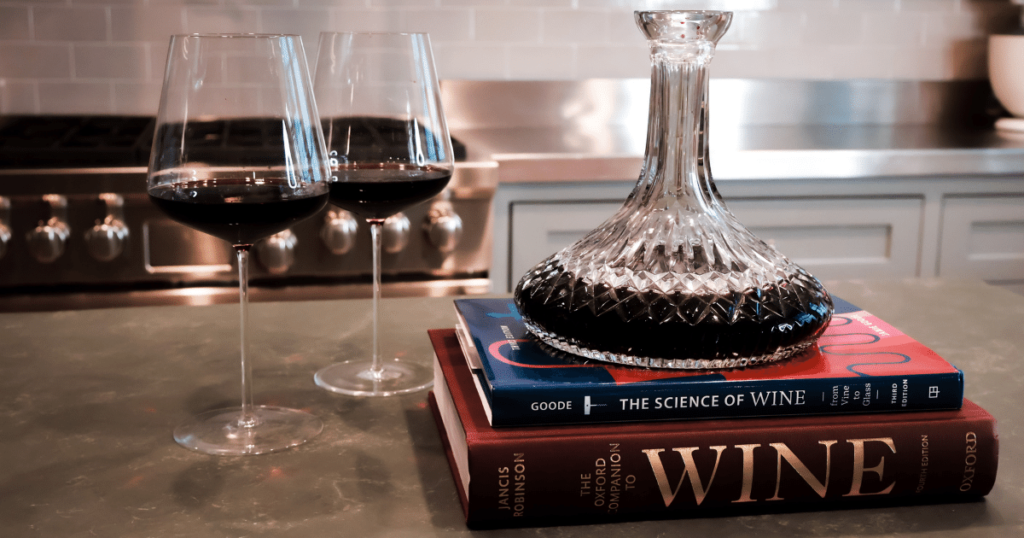
#5: Host a Tasting for Wine-Loving Friends
OK, so you’ve attended a tasting or two, and now you’re ready to branch out on your own. Congrats!
If you like hosting as much as I do, another way to learn is to host a wine tasting for your friends who also appreciate wine. There are a few different formats that this could take, depending on your group of friends.
- DIY Tasting Formats
- Host-Led Tasting: You do all the research and provide all bottles. A great opportunity to share your knowledge!
- Cooperative Tasting: Each guest brings a bottle and is responsible for knowing a little bit about their wine to share with the group.
- Blind Tasting Competition: Each guest brings a bottle, which is wrapped and numbered on arrival. Guests sample each wine and rate them. Scores are tallied to choose a winner at the end of the night.
- Expert-Led Tasting: Some wineries and wine distributors are willing to do private in-home tastings. This is a good option if you want to invite friends to a professional, polished tasting in the conform of your home. However, if you have a wine professional come host the tasting, there will be an expectation that people are purchasing wine. So, ensure that your guests are aware that this is a taste-&-shop experience, out of respect for the wine professional’s time.
I’ve tried all of these formats over the years, and the event is always a hit. People will talk about it for years to come!
#6: Learn Directly from an Industry Insider
There is a wealth of high-quality wine knowledge available to the general public via books. I’m personally a big fan of audiobooks, as I can “read” them while running errands, walking the dog, or folding laundry. I have two current favorites – which I can highly recommend. Both are narrated by the authors, which make listening to them feel more like spending time with a friend than reading a book.
Cork Dork is funny and very interesting. The book documents the journey of journalist-turned-wine-enthusiast Bianca Bosker, as she pursues her Somm certification and in the process gives a first-hand look at what it’s like to be deep in the serious wine community.
A completely different audiobook that I love just as much for completely different reasons is Brian Wheaton’s The World of Wine. His blend of storytelling and wine facts are punctuated by his witty comments, and quite frankly listening to this book makes me feel like I’m learning from my cheeky grandfather.
#7: Make Learning a Way of Life
One online wine course, one book, or one tasting is a fabulous start (good job, you!). However, it will not take you from novice wino to superstar wine connoisseur. This is just the beginning of a very fun journey.
Enjoy the process, be patient, and look for opportunities to learn at every step of the way. Don’t be afraid to ask dumb questions to the sommelier at the restaurant (or your new friend at the local wine shop). Find like-minded friends with whom you can discuss wine.
Immerse yourself in wine, and you will be surprised how quickly you learn! Good luck, I’m rooting for you. Cheers!
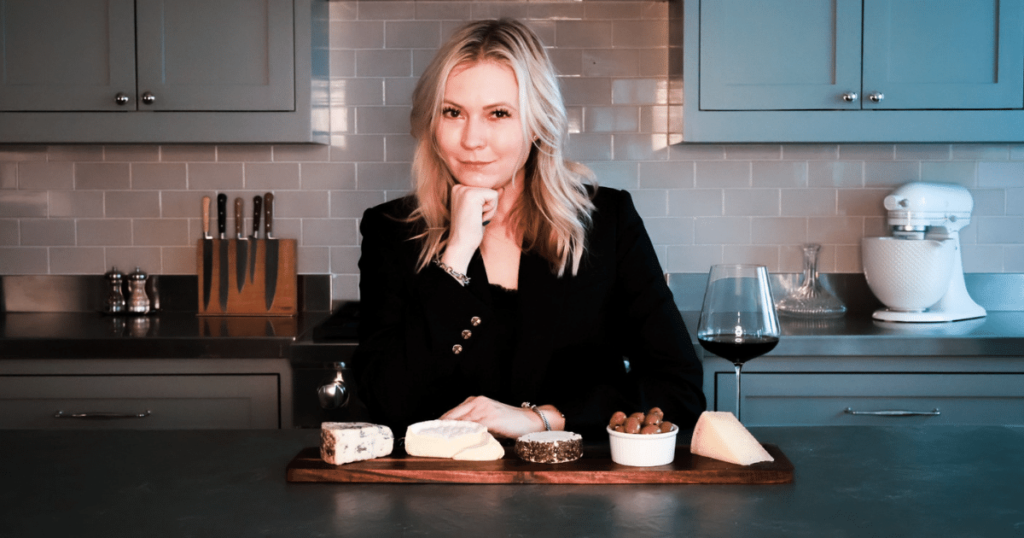
Shop This Post
This is a MAJOR splurge, so be sure to watch for it on sale! We use ours for special occassions at home, such as Christmas and birthdays.
